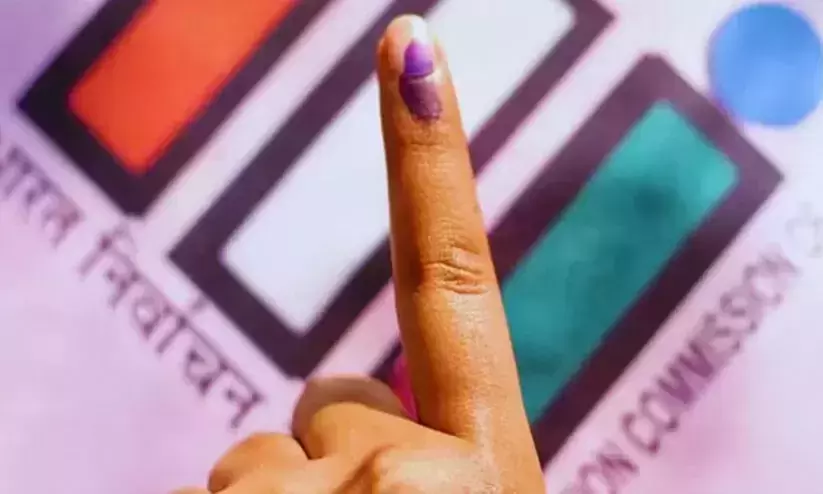
Ex-CJIs back ‘One nation, one election’, flag EC’s sweeping powers
text_fieldsNew Delhi: Former Chief Justices of India have broadly endorsed the constitutionality of the “One Nation, One Election” proposal but raised significant concerns about the sweeping powers granted to the Election Commission and the potential impact on electoral fairness.
In written submissions to the Joint Parliamentary Committee examining the bill, former CJI D Y Chandrachud rejected the argument that synchronising Lok Sabha and state assembly elections violates the Constitution’s basic structure. He noted that the Constitution does not mandate separate election cycles for national and state legislatures.
However, Chandrachud, along with former CJI Ranjan Gogoi, expressed reservations about the “unbounded authority” the bill seeks to confer on the Election Commission. They warned that, without clear guidelines, the EC could potentially extend or curtail the tenure of state assemblies under the pretext of aligning elections with the Lok Sabha.
Chandrachud emphasised the need for the Constitution to clearly define the conditions under which such powers may be exercised. He and former CJI J S Khehar are expected to appear before the committee, chaired by BJP MP P P Chaudhary, on 11 July to discuss their views in person.
Earlier, former CJIs U U Lalit and Ranjan Gogoi had appeared before the panel. Lalit recommended a staggered rollout of simultaneous elections, cautioning that truncating the terms of assemblies with substantial tenure remaining could face legal challenges.
Despite their concerns, all three former CJIs agreed that the concept of simultaneous elections does not violate constitutional principles. Chandrachud stated that the proposal does not infringe on voters’ rights and ensures continuous representation through duly elected MPs and MLAs.
He dismissed the notion that staggered elections are a fundamental feature of the Constitution, calling such claims unfounded. “Arguments opposing simultaneous elections are based on the premise that the Indian electorate is naive and can be easily manipulated,” he wrote.
Nonetheless, Chandrachud acknowledged the risk of marginalising smaller or regional parties due to the dominance of well-funded national parties. He called for stronger regulations on campaign finance to ensure a level playing field. While current laws cap individual candidate spending, there are no equivalent limits on party expenditures—a gap that, he warned, skews the electoral process in favour of wealthier parties.
He also flagged concerns about the bill’s provision that limits the term of a House elected in a midterm poll to the remainder of the original five-year term. Such short tenures, he noted, could hinder governance, as the Model Code of Conduct would come into effect within months, restricting policy decisions and development work.
Several MPs on the committee echoed this concern, questioning the effectiveness of governments elected for truncated terms.
(inputs from PTI)






